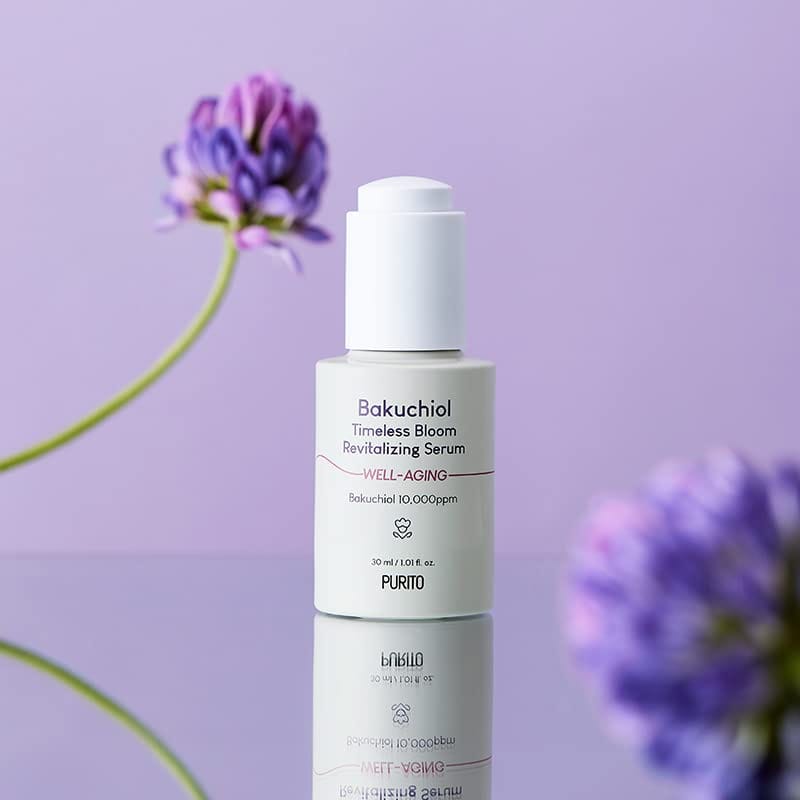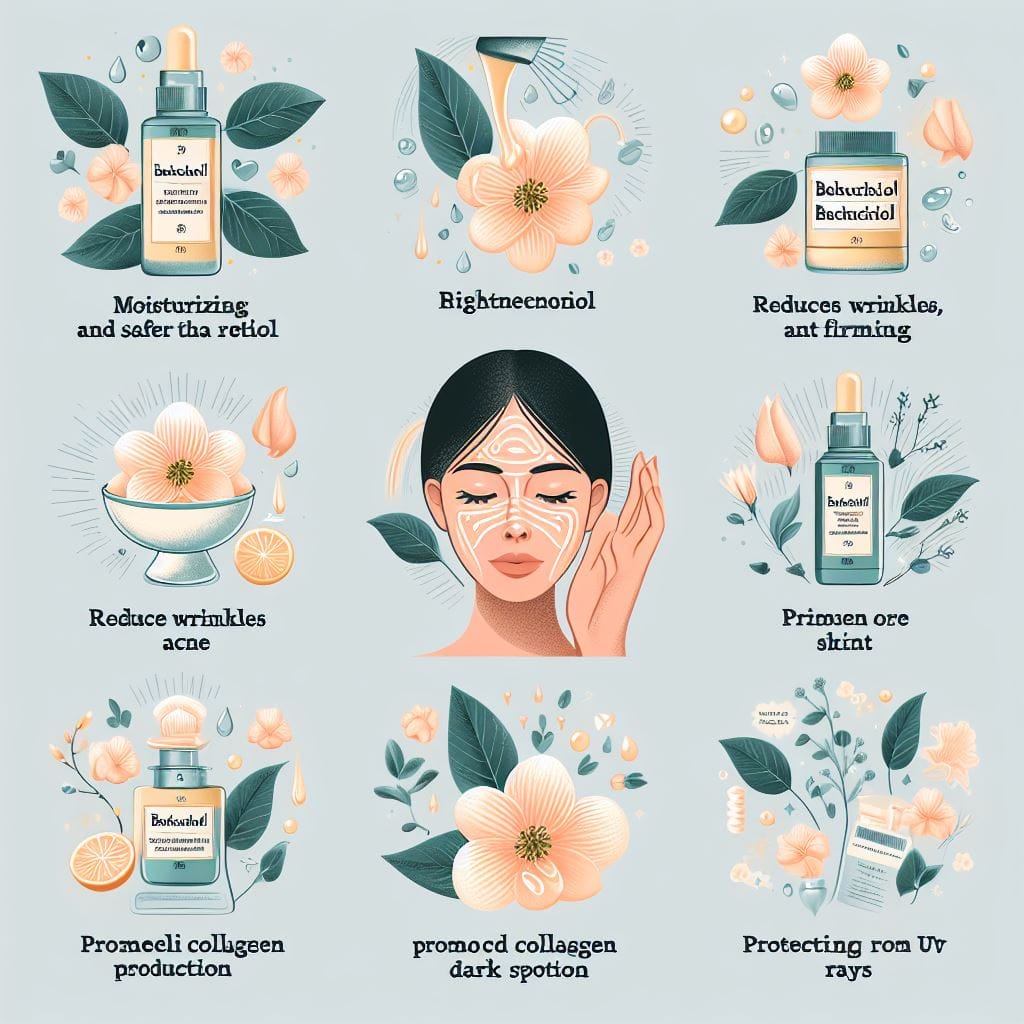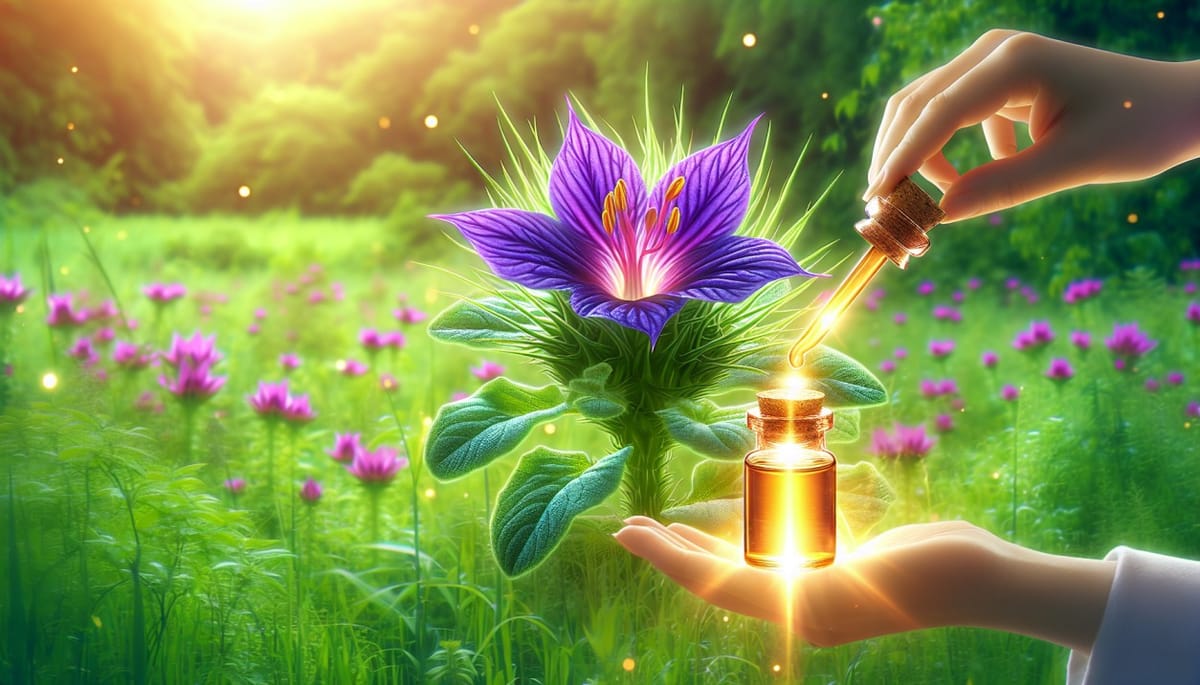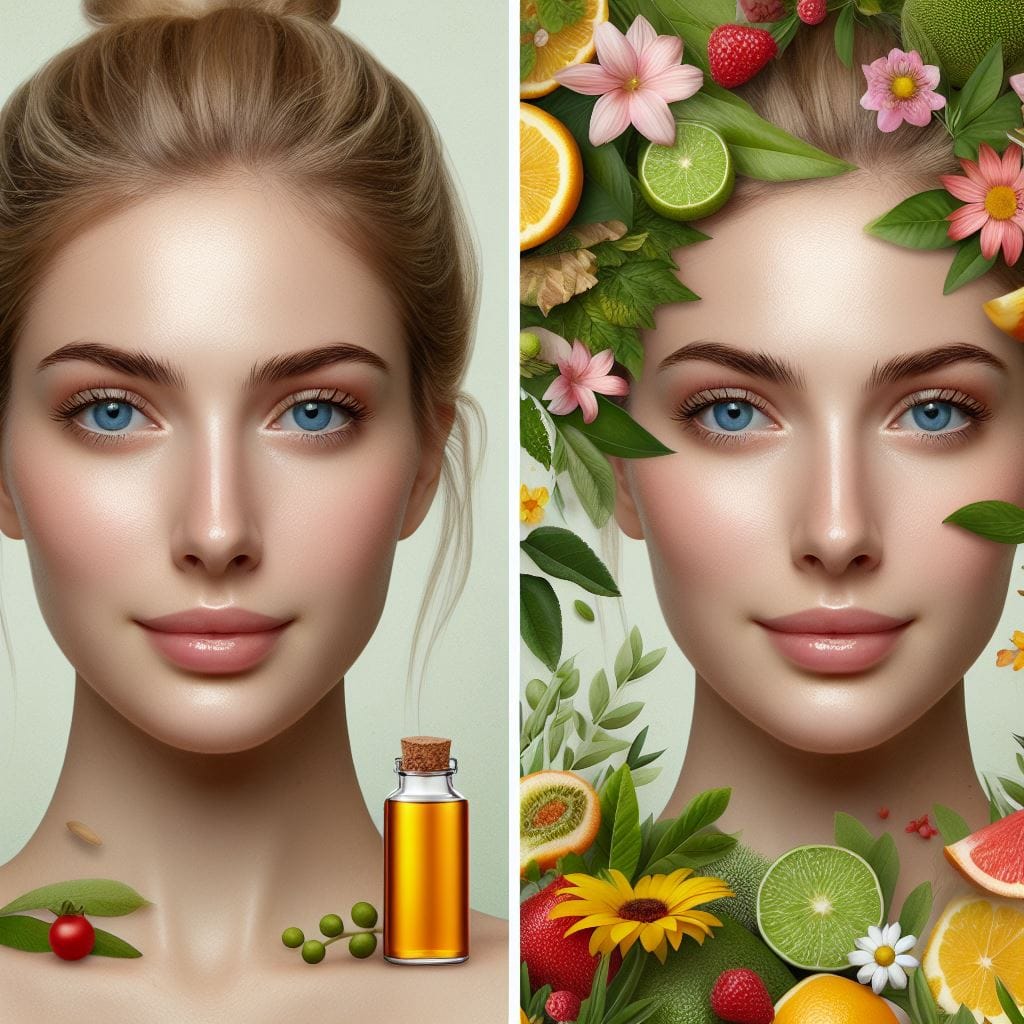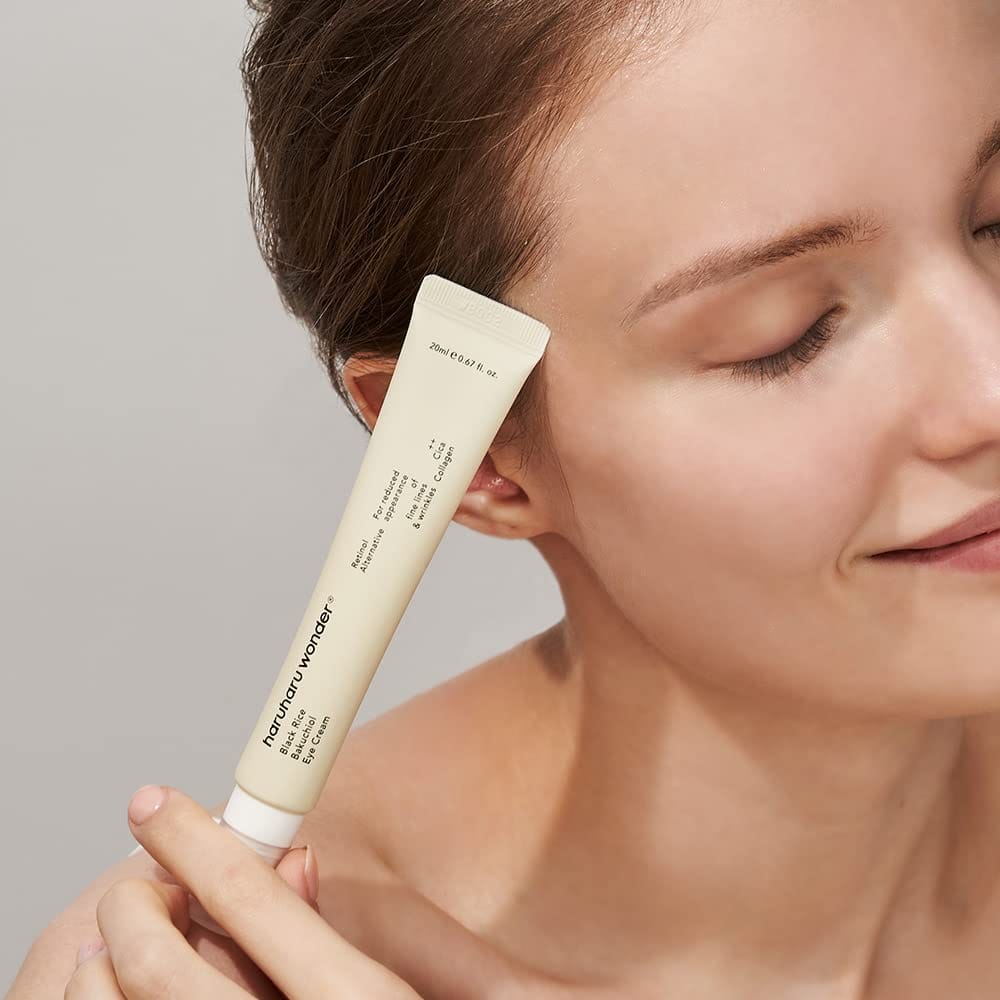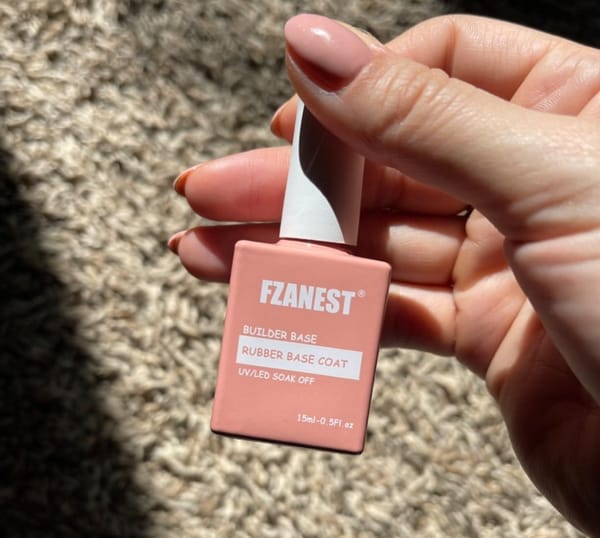Key Takeaways:
- Bakuchiol and retinol are both touted for their anti-aging properties, but they differ significantly in their origin and skin tolerance.
- While retinol is a long-established ingredient with potent effects, bakuchiol offers a gentler, plant-based alternative with less irritation.
- Understanding the differences between these two can help individuals with sensitive skin or those seeking natural skincare options make informed decisions.
The skincare industry is buzzing with the debate of bakuchiol vs retinol. These two powerhouse ingredients are often pitted against each other, with each claiming its own set of loyal followers. But what exactly sets them apart, and how do you know which one is right for your skincare routine? Let's dive into the details of these anti-aging champions.
What is Retinol?
Retinol, a derivative of vitamin A, has been a staple in the skincare world for its ability to stimulate collagen production and accelerate cell turnover. This leads to smoother skin texture, fewer wrinkles, and a reduction in dark spots. However, retinol can cause skin irritation, and sun sensitivity, and is not recommended for pregnant women. It's a powerful ingredient, but not everyone can tolerate retinol, especially those with sensitive skin types.
The Rise of Bakuchiol
Enter bakuchiol, a natural alternative that's been gaining traction as a vegan skincare ingredient. Unlike retinol, bakuchiol is derived from the seeds and leaves of the Psoralea corylifolia plant. It's been shown to have similar effects on the skin, such as reducing the appearance of wrinkles and improving skin elasticity, without harsh side effects. This has made bakuchiol a great retinol alternative for those with skin sensitive to traditional retinol products.
Comparing the Effects on Skin
When it comes to bakuchiol vs retinol, both are celebrated for their anti-aging properties. Retinol works by binding to retinoic acid receptors, which helps in renewing skin cells and improving skin texture. Bakuchiol, on the other hand, also helps in the renewal of skin cells and has potent antioxidant and anti-inflammatory properties. Both bakuchiol and retinol can lead to visible signs of skin aging being diminished, but bakuchiol does so with less irritation.
Tolerance and Sensitivity
One of the main advantages of bakuchiol over retinol is its suitability for sensitive skin types. Unlike retinol, bakuchiol does not cause skin purging or excessive dryness. This makes it a viable option for those who cannot tolerate retinol or are looking for a skincare product that is gentle yet effective. Additionally, bakuchiol can be used during the day as it does not increase sun sensitivity, unlike retinol which is best applied at night with subsequent sun protection.
Environmental Impact and Sustainability
When we talk about natural retinol and plant-based retinol, it's not just about the benefits to our skin, but also the impact on our environment. Bakuchiol, being a natural ingredient derived from the babchi plant, is often celebrated for its eco-friendly profile. Unlike some prescription retinoids, which may involve more complex chemical synthesis, bakuchiol's extraction is relatively straightforward, potentially offering a more sustainable option. This is particularly appealing to those who prioritize green beauty and environmental stewardship in their skincare choices.
Moreover, the cultivation of plant-based ingredients like bakuchiol can often be done in a more sustainable manner than the production of synthetic compounds. As consumers become more environmentally conscious, the demand for products with a smaller carbon footprint grows. This shift is not only beneficial for the planet but also aligns with the increasing trend toward ethical consumerism. By choosing vegan retinol or plant-based ingredients, users are not only taking care of their skin but also contributing to a more sustainable future.
Long-term Use and Skin Health
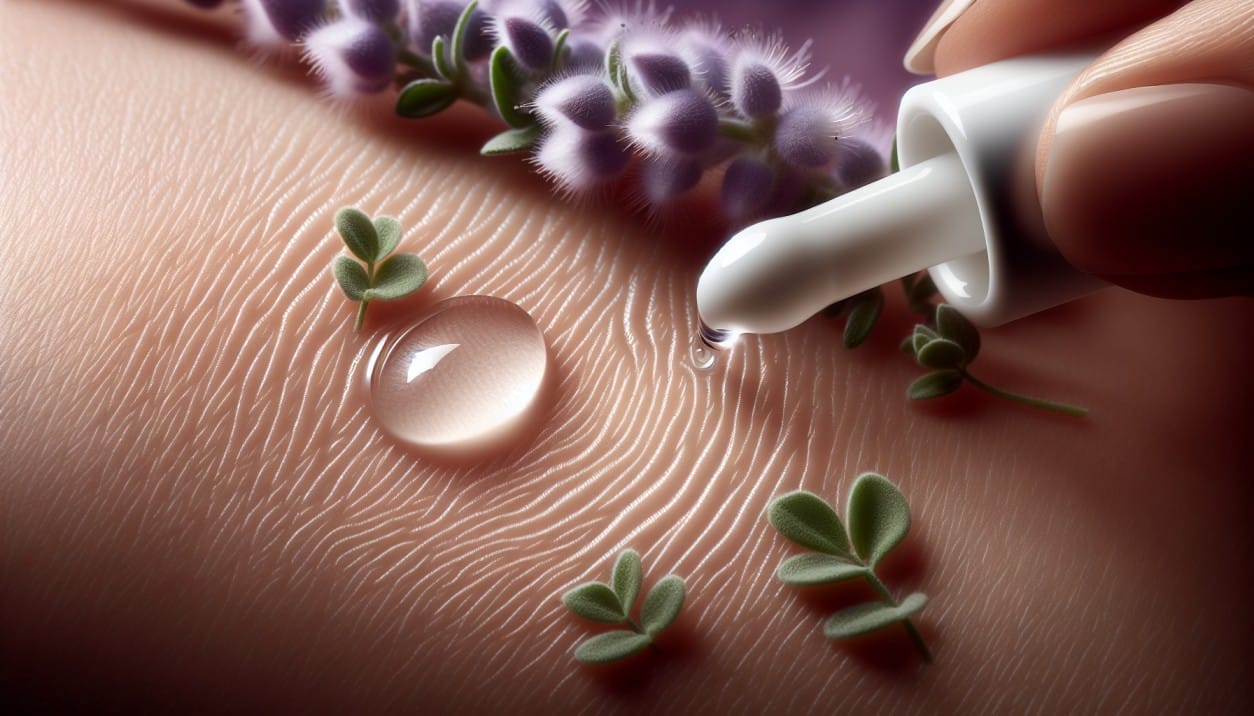
Discussing anti-aging ingredients, it's crucial to consider their long-term effects on skin health. Both retinol and bakuchiol boast anti-inflammatory and healing properties, but how does the skin react over extended periods of use? Prescription retinol has been well-documented to produce significant anti-aging effects, yet some individuals may experience irritation or dry skin with prolonged use. This is where bakuchiol, with its antibacterial properties and gentler profile, may offer an advantage for those with sensitive skin issues.
In terms of maintaining skin health, bakuchiol appears to have the same effects as retinol without harshness, making it a compelling option for daily use. It's a powerful antioxidant that helps to fend off environmental damage, which can lead to premature aging. As more research emerges, the potential for bakuchiol to provide a balance between efficacy and gentleness is becoming increasingly clear, making it a standout contender in the realm of anti-aging ingredients. Remember, such advice should not replace medical guidance, and a medical disclaimer is always prudent when discussing the long-term use of skincare products.
The Natural Appeal
The natural skincare movement has been a driving force behind the popularity of bakuchiol. As a naturally derived, plant-based retinol, it appeals to those seeking vegan and natural ingredients in their skincare products. This shift towards natural alternatives is not just a trend but a reflection of a growing awareness of possible health consequences associated with certain synthetic ingredients.
Synergy with Other Skincare Ingredients
Both bakuchiol and retinol can be combined with other skincare ingredients for enhanced benefits. For instance, hyaluronic acid can be used alongside either to provide additional hydration. However, bakuchiol has the upper hand when it comes to compatibility with other active ingredients like vitamin C and benzoyl peroxide, as it does not react negatively unlike retinol, which can sometimes lead to increased skin irritation when mixed with certain other factors.
The Science Behind the Molecules
The chemical structures of bakuchiol and retinol are different, which explains their distinct interactions with the skin. While retinol has been studied extensively and has a long track record of results, bakuchiol is relatively new to the skincare scene. Despite this, studies have shown that the bakuchiol molecule can provide all the benefits of retinol, suggesting that it's not just a fad but a legitimate, effective skincare ingredient.
How to Incorporate Them into Your Routine
When deciding whether to apply retinol or bakuchiol, consider your skin's needs and sensitivities. It's always best to perform a patch test and consult with qualified health professionals, such as a dermatologist or personal physician, before introducing new skincare ingredients. Both can be found in various skincare products, from serums to creams and should be integrated gradually into your skincare routine.
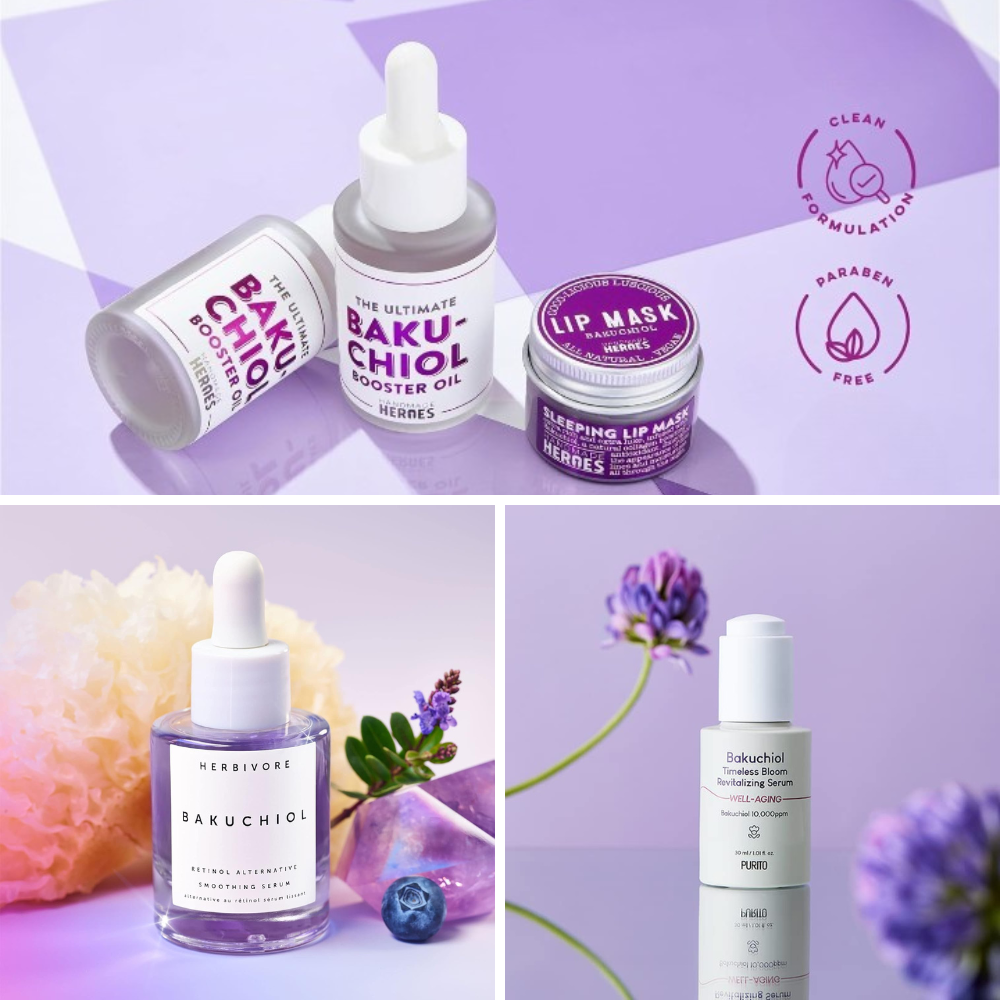
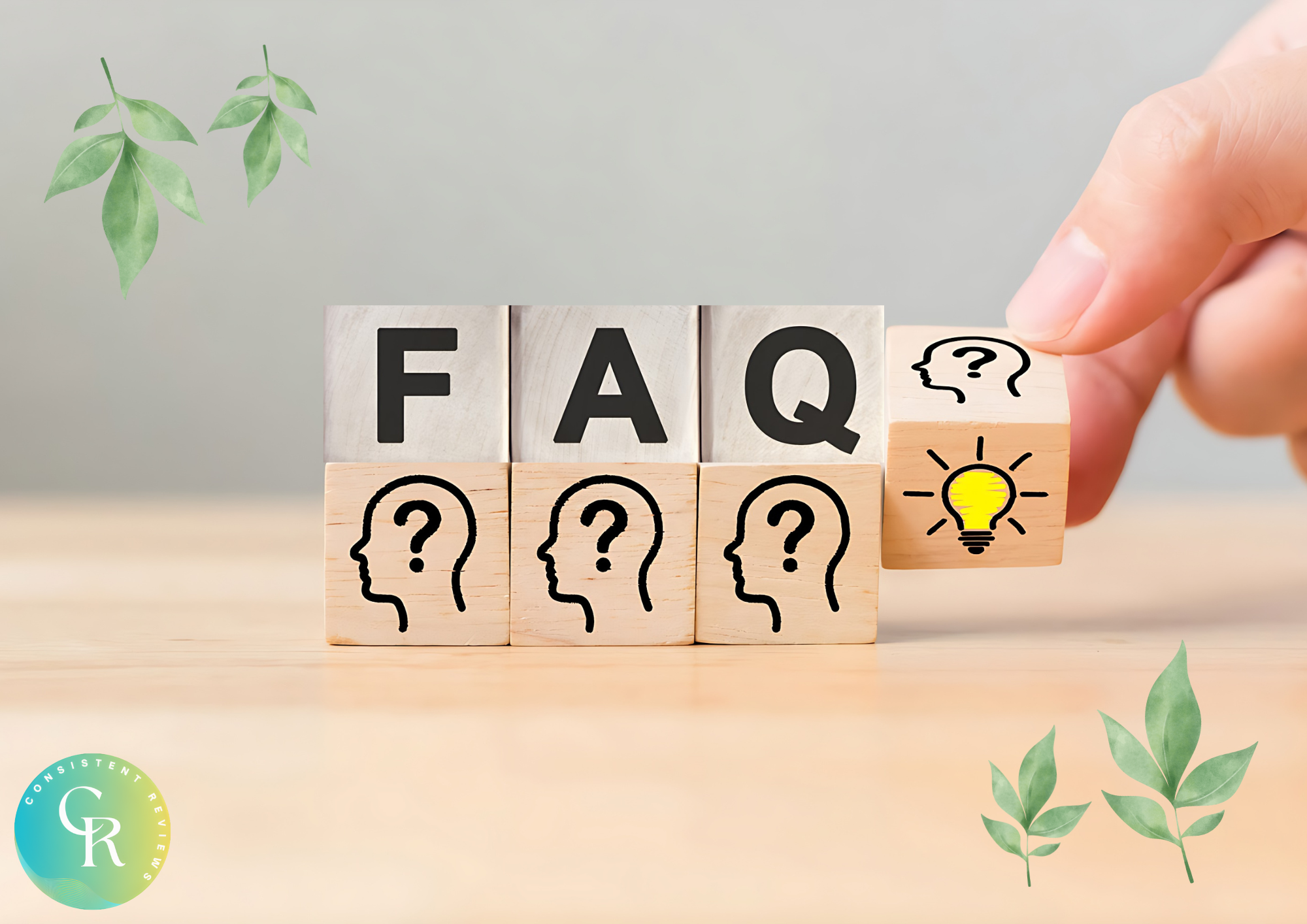
Can bakuchiol be used with other active ingredients?
Yes, bakuchiol can be used with other active ingredients like vitamin C and benzoyl peroxide without irritating, making it a versatile addition to your skincare routine.
Is retinol safe for use during pregnancy?
No, retinol is not recommended for use during pregnancy. Pregnant women should consult their healthcare provider for safe skincare alternatives.
How often should I use bakuchiol or retinol in my skincare routine?
It's best to start with a lower frequency, such as 2-3 times a week, and gradually increase as your skin adjusts. Always follow the product instructions and seek advice from a skincare professional if unsure.

The bakuchiol vs retinol debate is not about which ingredient is superior, but rather about which is more suitable for your skin type and concerns. Retinol is a tried-and-tested anti-aging ingredient that works wonders for many, but it can cause irritation and is not suitable for everyone. Bakuchiol emerges as a gentler, natural alternative that promises similar anti-aging benefits with fewer side effects. By understanding the unique properties of each, you can make an informed decision that aligns with your skincare goals and personal preferences.
